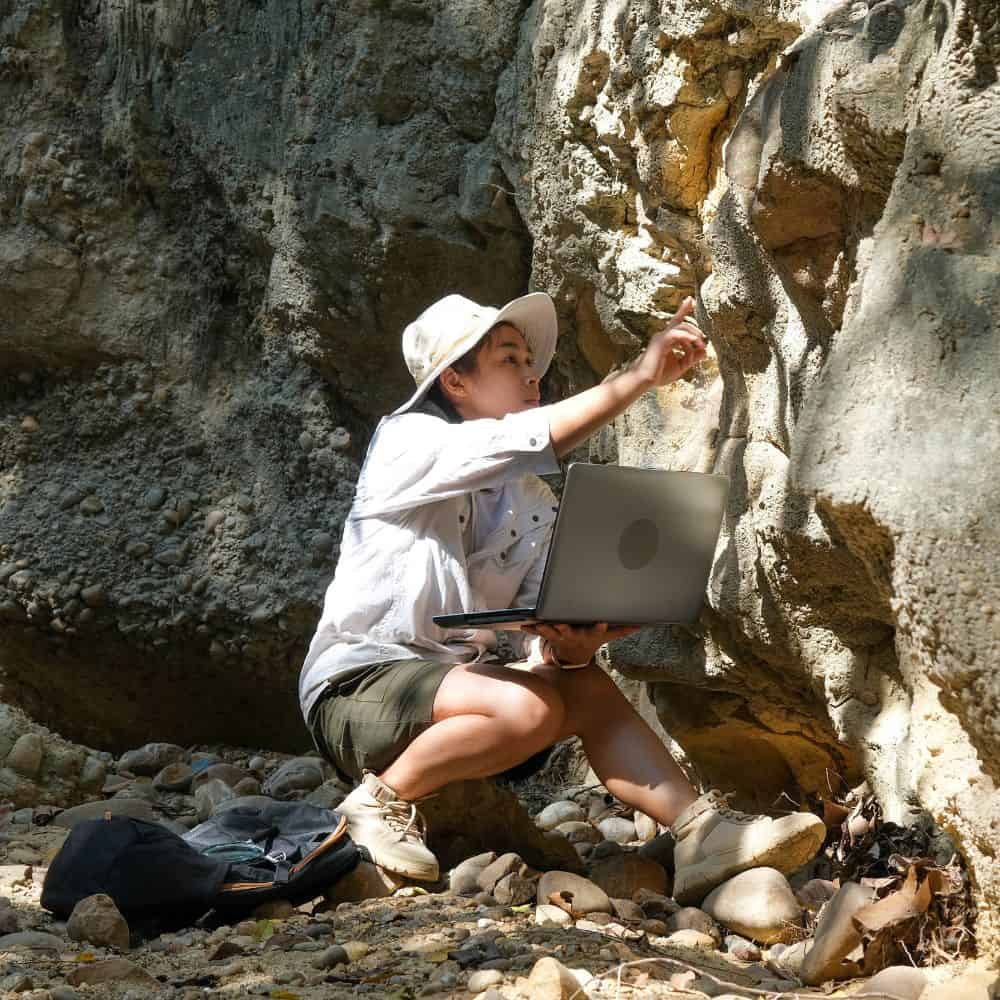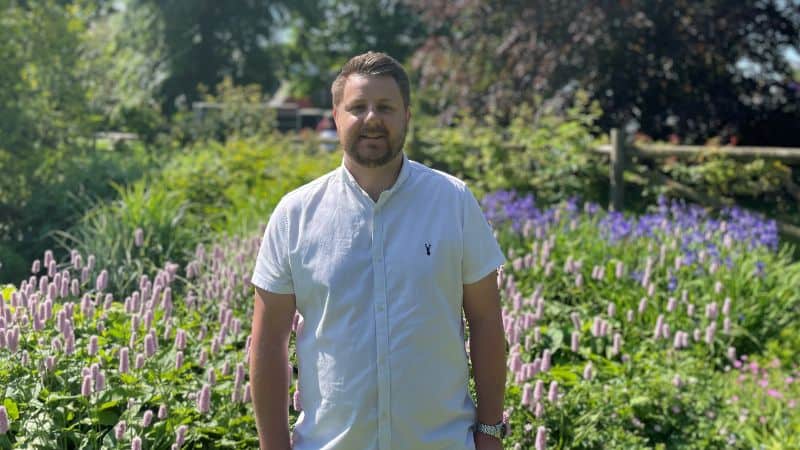Learning is all about obtaining knowledge, and you may not realise it but you learn every day, enabling you to grow as a person and in your career.
Learning in the UK – regional variations
The UK education and skills landscape differs across the four devolved nations of England, Northern Ireland, Scotland and Wales. When researching, ensure that you check the relevant websites for further information in these regions.

Lifelong learning
Learning doesn’t stop at school once you finish your compulsory exams; it is relevant at all stages of your career and you can always attend a course or go back and pick up different qualifications at a later stage. However, you don’t just learn in these more formal settings, you learn and pick up skills throughout your day-to-day life.
A push for continual learning is a focus point for governments around the world. The world of work is constantly evolving, and rapidly, which means that everyone needs to continue to develop skills and knowledge throughout their career. New jobs are being created all the time and so there is a need to keep up.
For example, from 2025, the government will be offering a Lifelong Loan Entitlement to eligible individuals in England. This loan will enable people to access funding for post-18 education, which can be used flexibly over the course of their working lives and can be put towards studies on a variety of different courses, including degrees or part-time study.
In Northern Ireland, SKILL UP is a current programme funded by the Northern Ireland Office and the Department of Finance, to support free short courses for adult learners.
Learning comes in many different formats
Vocational learning is often more practical, and hands-on, whereas academic learning focuses on the acquisition of knowledge and theory. Both paths can lead to fulfilling and successful careers; there is no ‘right’ route. It’s a very individual decision and will depend on your preferred style of learning and your personal circumstances. In recent years we have seen increased campaigns that encourage the take-up of vocational or technical learning, as there is an understanding that the academic route is not necessarily right for everyone, and can be preferred by employers.
Learning can take place face to face, in a classroom or smaller group setting, online or a mixture of both (hybrid). A lot of learning today also happens online through the form of video content, although it is important to consider whether the information you are digesting is coming from a credible source. It’s also important to do thorough research into the courses out there and think about what works best for you.
> Read Abi’s blog on thinking about your transferable skills
Created by
IEMA is the membership body for environment and sustainability professionals




